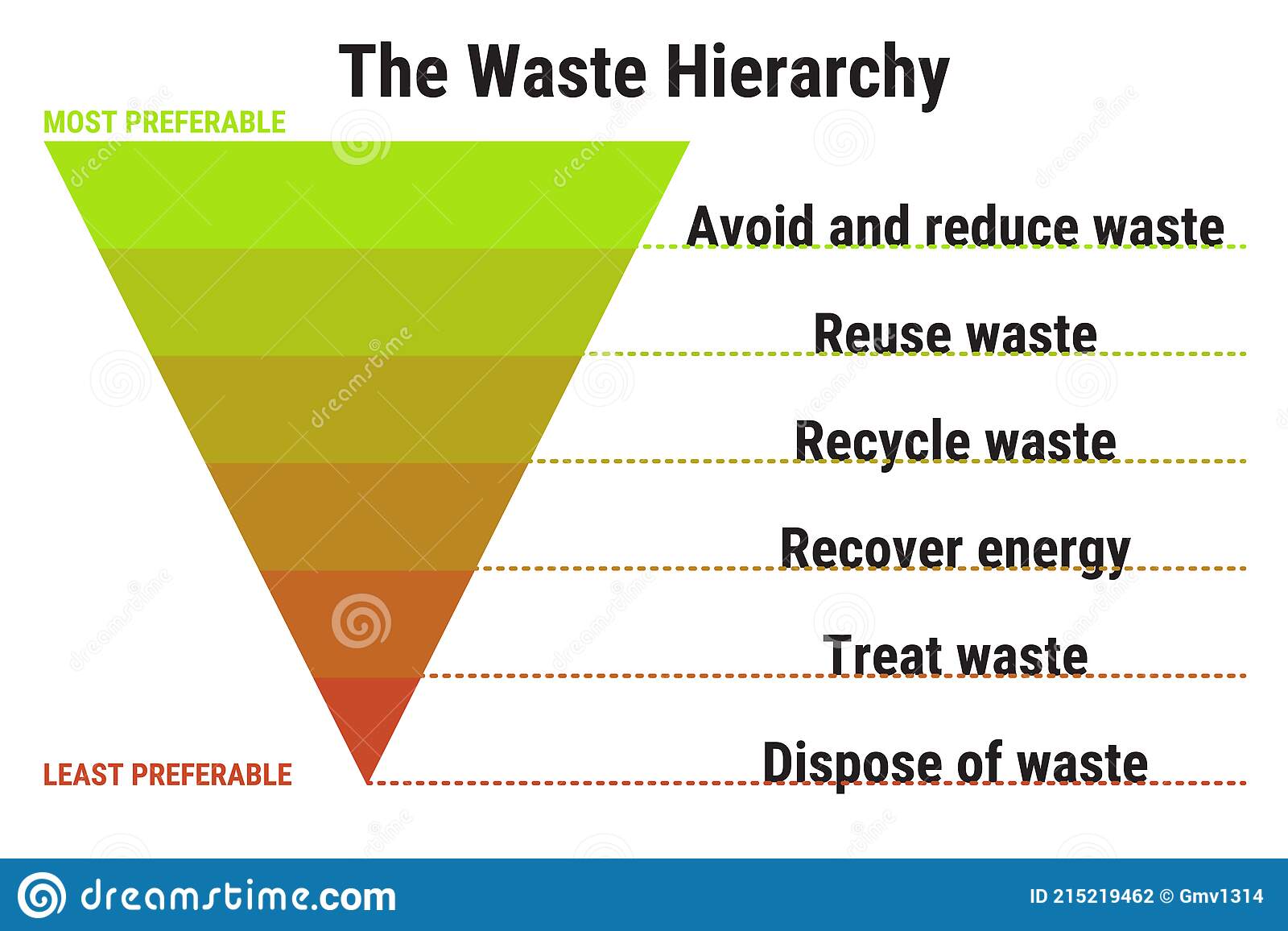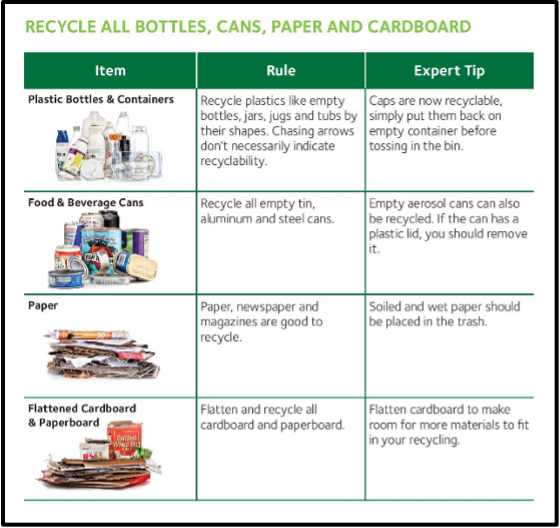
If you are an operation manager looking to learn more about the subject, the operations management education edX course is for you. These courses are offered for free through the IIMB and give you the opportunity to improve productivity, capacity, and quality. The Course description will provide an overview of what you can anticipate.
Course description
This course will equip students with knowledge and tools to manage business operations and factors that impact them. It covers a variety of topics, including capacity, productivity, quality, supply chain management, and quality assurance. These strategies can be optimized through the course.
The course includes a discussion forum where participants can discuss and ask questions related to the course content. This type discussion forum is common in online learning and facilitates peer learning. This forum is encouraged by the course staff. If a student has a question regarding the course, the discussion forum is the best place to ask it. Students can also visit the Help button on each course page.
Course duration
Free course in Operations management is available on the edX platform. The course teaches participants functions that will help them control quality, increase productivity and maximize capacity. It can be accessed through the micromasters programme on edX. Candidates can complete the course in as little as five weeks.

This course contains over 160 lectures and more than 14 hours of instructional videos. There are also over 180 downloadable resources. 20 assignments. Its goal is to provide a thorough education in Operations Management. The course covers both basic and advanced concepts. The course also gives participants the ability to solve key business problems.
Course requirements
You can improve your operations management skills by taking an edX course. The online platform has partnered up with IIBM Institute to offer an operations management certificate program. This program gives you the knowledge and tools to evaluate the operational performance of any company. It covers core concepts in four areas: service operations, process analysis, quality management, inventory management, and service operations. Start with process analysis tools. Next, learn how statistics and performance measures can be used to evaluate the efficiency and effectiveness of service operations. Additionally, you will learn about process management which is a tool for quality control in systems.
Operations management is a vital field. It requires an in-depth understanding of supply chain management and quality assurance. This field emphasizes reducing costs, improving delivery, flexibility, and innovating. This course is perfect for students looking to increase their knowledge and advance in their career.
Certification
A certificate in operations management can help you gain the knowledge and skills you need to improve the operational performance of any organization. The program covers key concepts in four key areas of operations management: process analysis, service operations, quality management, and inventory management. It begins by explaining performance measures and statistical analyses. The program also introduces process control as a tool to assess the quality of processes and systems. The program ends with tools that will help you manage and optimize your operations.
The edX platform provides course material and online exams in various topics related to operations management. You can complete the course anywhere and anytime you like. All you need to do is have an internet connection. You will be issued a certificate bearing the IIM Bangalore logo after you have completed the course. There is no cost to enroll in the program, and you can take as much or as few courses as you wish.

Course fees
There are many online and offline options for Operations management courses. While some of these sites offer courses for free, others charge a nominal fee. There are a variety of courses in operations management that range in length, from a few weeks to two years. The edX platform has a well-structured and intuitive interface that makes it easy to navigate through courses or find a business partner.
Depending on what course you take, edX can be as cheap as $50. Others charge up $300. This is significantly less than a full master’s degree that can range from $10K to $25,000. Each course includes both graded assignments, and a certified certificate.
FAQ
What are management theories?
Management Concepts are the management principles and practices that managers use in managing people and resources. These topics include job descriptions, performance evaluations and training programs. They also cover human resource policies, job description, job descriptions, job descriptions, employee motivation, compensation systems, organizational structures, and many other topics.
What are the main management skills?
Managerial skills are crucial for every business owner, regardless of whether they run a small store in their locality or a large corporation. They include the ability to manage people, finances, resources, time, and space, as well as other factors.
Managerial skills are required when setting goals and objectives and planning strategies, leading employees, motivating them, solving problems, creating policies, procedures, or managing change.
As you can see, there's no end to the list of managerial duties!
What is Six Sigma, exactly?
This is a method of quality improvement that emphasizes customer service, continuous learning, and customer service. The goal is to eradicate defects through statistical techniques.
Motorola developed Six Sigma in 1986 to help improve its manufacturing processes.
The idea spread quickly throughout the industry, and today, many organizations are using six sigma methods to improve product design, production, delivery, and customer service.
Statistics
- This field is expected to grow about 7% by 2028, a bit faster than the national average for job growth. (wgu.edu)
- Hire the top business lawyers and save up to 60% on legal fees (upcounsel.com)
- UpCounsel accepts only the top 5 percent of lawyers on its site. (upcounsel.com)
- Our program is 100% engineered for your success. (online.uc.edu)
- The BLS says that financial services jobs like banking are expected to grow 4% by 2030, about as fast as the national average. (wgu.edu)
External Links
How To
How can you create a Quality Management Plan, (QMP)?
QMP (Quality Management Plan), introduced in ISO 9001,2008, provides a systematic method for improving processes, products, or services through continuous improvement. It emphasizes on how to continuously measure, analyze, control, and improve processes, product/service, and customer satisfaction.
QMP is a standard way to improve business performance. The QMP aims to improve the process of production, service delivery, and customer relationship. QMPs should encompass all three components - Products and Services, as well as Processes. If the QMP only covers one aspect, it's called a "Process QMP". When the QMP focuses on a Product/Service, it is known as a "Product" QMP. If the QMP focuses on Customer Relationships, it's called a "Product" QMP.
Two main elements are required for the implementation of a QMP. They are Scope and Strategy. They are defined as follows:
Scope: This describes the scope and duration for the QMP. This scope can be used to determine activities for the first six-months of implementation of a QMP in your company.
Strategy: This describes how you will achieve the goals in your scope.
A typical QMP has five phases: Planning (Design, Development), Implementation (Implementation), and Maintenance. The following describes each phase.
Planning: This stage identifies and prioritizes the QMP's objectives. To get to know the expectations and requirements, all stakeholders are consulted. After identifying the objectives, priorities and stakeholder involvement, it's time to develop the strategy for achieving the goals.
Design: The design stage involves the development of vision, mission strategies, tactics, and strategies that will allow for successful implementation. These strategies can be implemented through the creation of detailed plans.
Development: Here, the development team works towards building the necessary capabilities and resources to support the implementation of the QMP successfully.
Implementation: This refers to the actual implementation or the use of the strategies planned.
Maintenance: It is an ongoing process that maintains the QMP over time.
Additionally, the QMP should include additional items:
Stakeholder involvement is important for the QMP's success. They should be involved in planning, design, development and implementation of the QMP.
Project Initiation - A clear understanding of the problem statement, and the solution is necessary for any project to be initiated. In other words, they must understand the motivation for initiating the project and the expectations of the outcome.
Time Frame: This is a critical aspect of the QMP. You can use a simplified version if you are only going to be using the QMP for short periods. You may need to upgrade if you plan on implementing the QMP for a long time.
Cost Estimation: Another important component of the QMP is cost estimation. Planning is not possible without knowing the amount of money you will spend. Before you start the QMP, it is important to estimate your costs.
QMPs should not be considered a static document. It evolves as the company grows and changes. It is important to review it periodically to ensure it meets all current requirements.